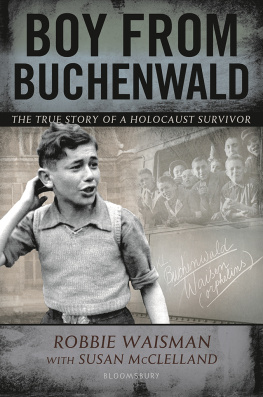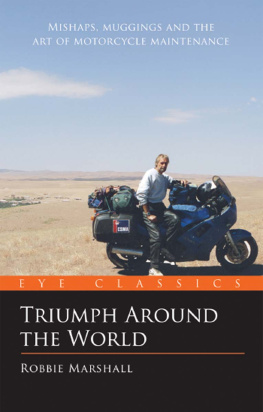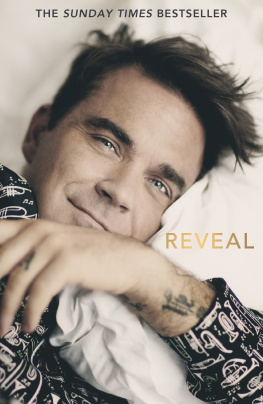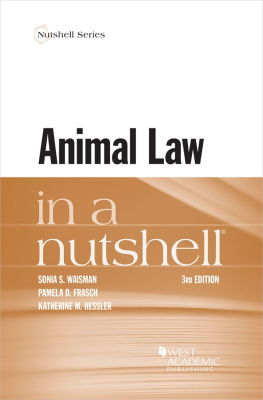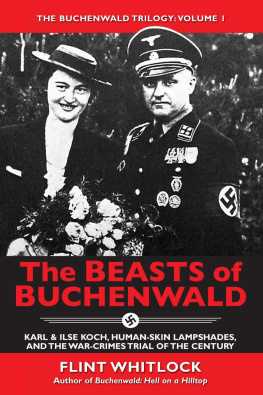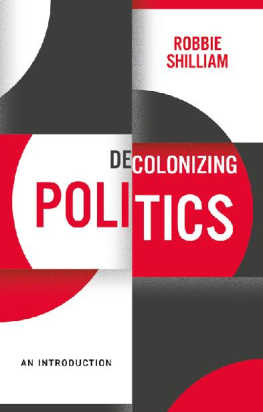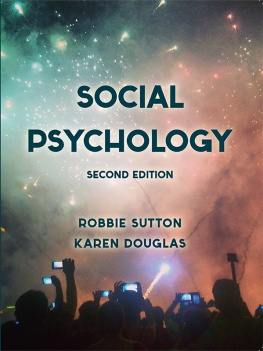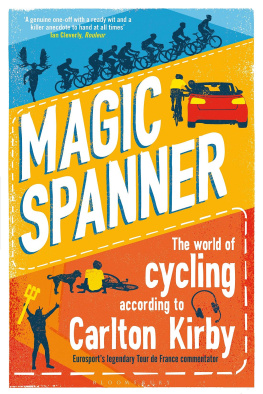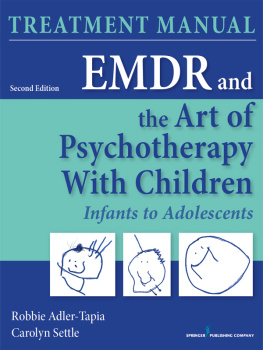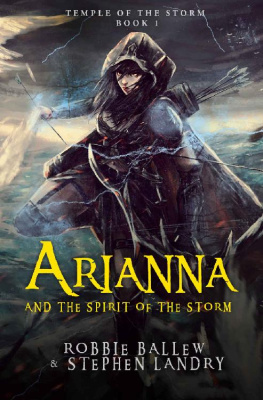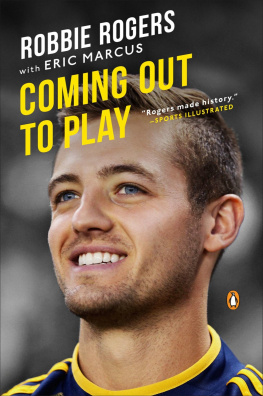Robbie Waisman - Boy from Buchenwald
Here you can read online Robbie Waisman - Boy from Buchenwald full text of the book (entire story) in english for free. Download pdf and epub, get meaning, cover and reviews about this ebook. year: 2021, publisher: Bloomsbury Publishing, genre: Non-fiction. Description of the work, (preface) as well as reviews are available. Best literature library LitArk.com created for fans of good reading and offers a wide selection of genres:
Romance novel
Science fiction
Adventure
Detective
Science
History
Home and family
Prose
Art
Politics
Computer
Non-fiction
Religion
Business
Children
Humor
Choose a favorite category and find really read worthwhile books. Enjoy immersion in the world of imagination, feel the emotions of the characters or learn something new for yourself, make an fascinating discovery.
- Book:Boy from Buchenwald
- Author:
- Publisher:Bloomsbury Publishing
- Genre:
- Year:2021
- Rating:3 / 5
- Favourites:Add to favourites
- Your mark:
- 60
- 1
- 2
- 3
- 4
- 5
Boy from Buchenwald: summary, description and annotation
We offer to read an annotation, description, summary or preface (depends on what the author of the book "Boy from Buchenwald" wrote himself). If you haven't found the necessary information about the book — write in the comments, we will try to find it.
Boy from Buchenwald — read online for free the complete book (whole text) full work
Below is the text of the book, divided by pages. System saving the place of the last page read, allows you to conveniently read the book "Boy from Buchenwald" online for free, without having to search again every time where you left off. Put a bookmark, and you can go to the page where you finished reading at any time.
Font size:
Interval:
Bookmark:


To Gloria Waisman, the love of my life, and to the memory of my family, who perished under the Nazis.
Contents


One of the first photographs of Romek Wajsman following liberation from the Buchenwald concentration camp. Taken in couis, France, sometime in July 1945.

Some of the boys of Buchenwald in France. Robbie is first from right in the second row, arm in arm with Abram Abe Chapnik.
I mention her name and the old pain returns. Forget her, you say? How can you forget a living human being?
Sholem Aleichem
I REMEMBER WHERE I come from.
Skarysko-Kamienna, located in south-central Poland, lies in the valley of the Kamienna River. If you drew a circle around Warsaw, Lublin, Krakw, and d, Skarysko-Kamienna would almost be the central point. And that was, in fact, how Skarysko-Kamienna was formed: in and around the railway station that linked these cities together. Skarysko-Kamienna, while small, was known for its industries, particularly munitions that in 1939 employed more than 4,000 of Skarysko-Kamiennas 19,000 people. Pastwowe Wytwrnie Uzbrojenia FabrykAmunicji, or the National Armament Factory, made arms for the Polish Army. When the Nazis invaded Poland in September 1939, they confiscated the factory and gave it to a German manufacturer, who renamed it Hugo Schneider Aktiengesellschaft (HASAG). Many of the Polish workers were fired, and Jews were forced to make munitions for the Wehrmacht for no pay.
Jews had been in Poland for more than a thousand years, living through periods when we were relatively free to times when we were persecuted. At the start of World War II, Poland had the largest Jewish population of any country in the world. About 2,500 Jews lived in Skarysko-Kamienna. Our community of Jews was called a shtetl. In all of Poland there were more than three million Jews living in many shtetls. The largest concentration of Jews in Poland was in Warsaw.
When my papa bought our house in the early 1920s on Maya Tziejo, which translates to Third of May Street in English, the Jewish communities in Poland were relatively accepted and lived in peace. Under Polish leader Jzef Pisudski, Jews had rights. Jews could own land and businesses and hold positions in politics, the military, and in universities. Skarysko-Kamienna flourished in the first few decades of the twentieth century and attracted a lot of Jewish immigrants, including Papa, who came from Russia. The first synagogue in Skarysko-Kamienna was built in 1910. A few years later, the Jewish cemetery was erected.
In 1935 Pisudski died. Things werent the same after that. I didnt know much of this back when I lived in Poland, though. To me, Skarysko-Kamienna was forests and birdsong; winds that carried the warm, smoky aromas from our chimney; and cooking fires and the scents of our mamas borscht and beef briskets.
Papa was a haberdasher and tailor. That meant he made hats, mostly the black hats called shtreimel, a very wide-brimmed fur hat that Jewish men in Skarysko-Kamienna would wear, but also city hats. He made suits, too.
Papa, whose name was Chil, had a wide face and strong shoulders and stood about six feet tall, just like my older brothers Chaim, who was twenty-two in 1939, and Moishe, who was seventeen. My two other brothers, Motel, fifteen, and Abram, twelve, were slowly stretching up toward them, too. And there was one girl, my sister, Rachella, who we all called Leah. She was eight years older than me.
While Papas presence was large, his voice was soft. He was well-liked by everyone. The elders of Skarysko-Kamienna and visitors to our small town would come to our home to hear Papa recite passages from the Torah; tell stories like Tevye the Dairyman; and seek his advice on politics, religion, and philosophy. Most of all, Papa adored Mama, whose name was Rifka. He would hold her hand when they would walk along the river, while I ran alongside them, trying to catch butterflies and skip stones in the water in the summer. In winter, I would skate on the river, looking up to see Mama and Papa still holding hands, still walking, but this time huddled close together underneath a knitted shawl draped across their shoulders.
To me, Mama and Papa and Skarysko-Kamienna were love, laughter, and goodness.
I was born on February 2, 1931, and I was the baby of my family. Our house was small, made of wood, with a shingled roof. I shared a bed and a bedroom with two of my brothers.
Mamas cooking and quiet singing lulled me to sleep at night, but Papas snores would often wake me up.
My brothers were strong, able to outrun everyone in town during cross-country races and soccer matches. My two oldest brothers were also handsome, so handsome that all the girls would swoon. Even as a child, I could see and understandthe girls blushing cheeks, the way they turned a toe inward and bent a knee, their heads slightly cocked to one side whenever one of my brothers passed. I was so proud to be part of my family. I knew I was going to grow up to be just like my brothers, especially Moishe, who had applied to university to study engineering. He liked to tinker with wires and was making a radio that he said would be able to reach all the way to America. I wanted to be an engineer, too.
Mama always had chicken soup warming on the top of the coal oven ready for me when I would come in from chores. I helped Papa, sweeping up the fabric pieces scattered on the floor of his shop and holding his measuring tapes and devices while he fitted customers. I was responsible for carrying the wood to the woodshed, too, which my brothers would chop. I also gathered kindling from the forests for fires and swept the walkway to the street that led into the main center of Skarysko-Kamienna where there was a cinema, my favorite place to go.
Oh, we had great dinners at our house. My family, as well as various guests, would sit at the long oak table Papa had carved himself, sipping wine from glasses that Mama would bring out for only such occasions. When the conversations turned serious about what was happening politically in Poland, the females would leave the men and my older brothers to themselves. My Jewish community was very conservative. Even at synagogue, the women would sit in the balcony while the men would be on the main floor.
One of my fondest memories was when my brother Chaim married Golda, the most beautiful woman I had ever seen. She had jet-black curly hair, one curl of which would flop down on her forehead like an upside-down question mark. Goldas hands were slender and fine, and she would dance around the room when she sang Yiddish folk songs or told stories. She reminded me of a swan. I had a crush on Golda. I wanted her for myself and even asked Papa if one day when the schadchen, a marriage broker, went to arrange my marriage, my bride could be Golda. But I was just a child, and Chaim was a man. He had finished his mandatory two years in the Polish Army and had kept on as an officer while he worked various odd jobs, like building fences and repairing homes. Chaim could offer Golda more than I could, Papa told me. I sighed and choked back tears, but I eventually became happy enough with the idea that Golda would always be in my life as Chaims wife.
Font size:
Interval:
Bookmark:
Similar books «Boy from Buchenwald»
Look at similar books to Boy from Buchenwald. We have selected literature similar in name and meaning in the hope of providing readers with more options to find new, interesting, not yet read works.
Discussion, reviews of the book Boy from Buchenwald and just readers' own opinions. Leave your comments, write what you think about the work, its meaning or the main characters. Specify what exactly you liked and what you didn't like, and why you think so.

